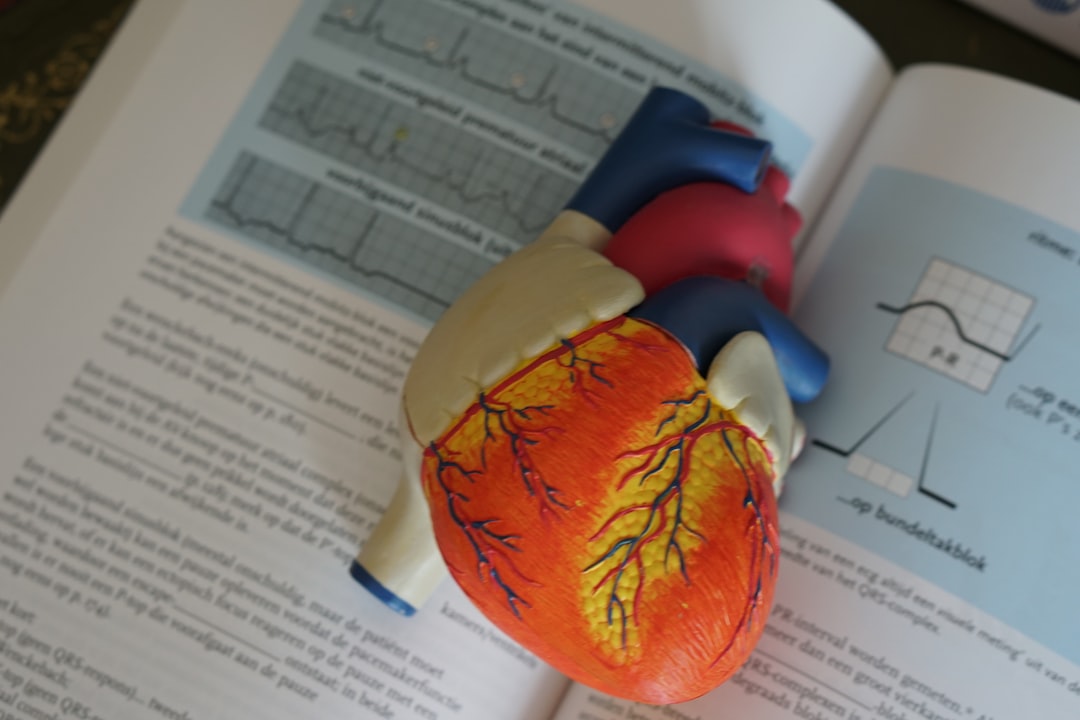Protein isn’t just vital for muscle building; it’s a cornerstone of overall health. Insufficient protein intake can lead to a variety of serious health issues. Understanding the consequences of inadequate protein levels can help you make better dietary choices. Here are the nine significant consequences you might face if your protein consumption is lacking:
1. Increased Susceptibility to Illness
Your immune system relies heavily on protein. Composed of amino acids, proteins are fundamental for producing antibodies and other immune components. If you don’t consume enough protein, your body’s ability to fend off infections diminishes, making you more prone to illnesses and longer recovery times.
2. Persistent Hunger and Uncontrolled Appetite
Eating enough protein plays a critical role in feeling full after meals. A lack of protein can lead to:
- Persistent hunger
- Uncontrolled cravings
This can significantly impact your weight management efforts.
3. Edema and Swelling
Protein helps maintain osmotic pressure in the bloodstream. Insufficient levels may lead to edema, or swelling, due to fluid accumulation in tissues. This can manifest in visible areas such as:
- Legs
- Feet
- Hands
- Abdomen
4. Deterioration of Hair, Skin, and Nails
Protein is essential for the structural integrity of hair, skin, and nails. A deficiency can lead to:
- Hair thinning and dryness
- Dull skin
- Brittle nails
5. Loss of Muscle Mass
Protein is crucial for muscle repair, growth, and maintenance. Inadequate protein can lead to muscle atrophy, which affects your appearance and strength.
6. Muscle Weakness and Fatigue
A lack of protein can impair muscle activity and slow metabolic processes, leading to feelings of weakness and fatigue.
7. Decreased Bone Health
Protein is vital for creating and maintaining bone mass, calcium absorption, and stimulating bone-forming cells. A deficiency can compromise bone strength, increasing the risk of osteoporosis.
8. Mood Fluctuations
Protein impacts your mental well-being as well, being necessary for producing neurotransmitters. A deficiency can lead to irritability, anxiety, and symptoms of depression.
9. Delayed Healing and Recovery
Your body needs proteins for repair after injuries. Without sufficient protein, the healing process can slow down, impacting your physical activity participation.
Conclusion: The Importance of Protein
The consequences of insufficient protein intake are far-reaching, impacting both physical and mental health. To maintain overall health, consider incorporating a variety of protein-rich foods such as:
- Lean meats
- Dairy products
- Legumes
- Nuts and seeds
- Plant-based alternatives
By prioritizing these foods, you can enhance your health and prevent the adverse effects of protein deficiency.
For further information, visit Health Shots.




